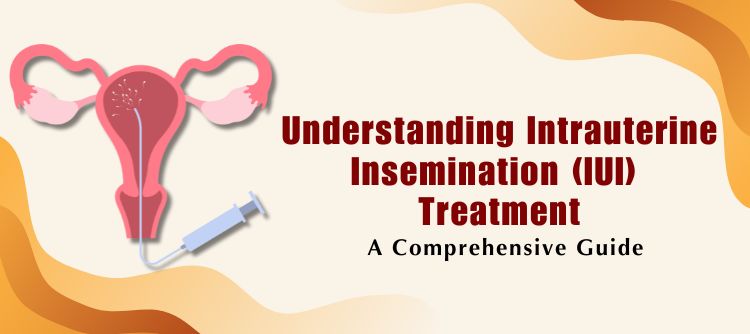Intrauterine insemination (IUI) is a popular fertility treatment, but several misconceptions surround it, creating confusion for those considering or undergoing the procedure. Here, we address some of the most common misunderstandings to provide clarity and help individuals make informed decisions.
IUI Guarantees Pregnancy Success
One of the biggest misconceptions is that Intrauterine insemination guarantees pregnancy. While IUI does increase the likelihood of conception for certain types of infertility, success rates vary based on individual factors like age, fertility health, and the specific reasons for infertility. For women under 35, the success rate per IUI cycle is generally around 10-20%. Multiple cycles may be needed to increase the chance of conception, but IUI cannot ensure pregnancy for everyone.
IUI Is Painful and Invasive
Many people believe that IUI is a painful and highly invasive procedure. In reality, IUI is relatively quick and minimally invasive. During the procedure, a thin, flexible catheter is used to place prepared sperm directly into the uterus, a process that usually takes only a few minutes. Some individuals experience mild cramping, but it’s typically far less discomforting than procedures like in-vitro fertilization (IVF) or even a Pap smear.
IUI Is Only for Couples with Severe Fertility Issues
Another misconception is that IUI is only suitable for those with severe fertility issues. IUI is often recommended for couples with mild fertility challenges, such as low sperm motility, cervical mucus problems, or unexplained infertility. It can also be an option for single women or same-sex couples who wish to conceive. However, for individuals with severe infertility issues or blocked fallopian tubes, IVF or other methods might be more effective.
IUI Only Works with Medications and Hormones
While many IUI treatments are paired with ovulation-inducing medications to boost success rates, IUI can also be performed during a natural cycle without any hormonal stimulation. This option might be recommended for individuals with regular cycles or those who want to avoid medication side effects. However, medication use can improve timing and increase the number of eggs released, enhancing the chances of fertilization.
IUI Success Is Entirely Dependent on the Woman’s Fertility
Some believe that IUI success depends only on the woman’s reproductive health. While a healthy uterus and open fallopian tubes are essential, sperm quality is equally important. For successful fertilization, sperm must be motile and healthy. Therefore, IUI is most effective when both partners’ health is optimized.
IUI Is Unaffordable and as Costly as IVF
People often assume IUI is as expensive as IVF. However, IUI is considerably more affordable, typically costing a fraction of what an IVF cycle would. It’s often one of the first recommended treatments because of its relative affordability and simplicity. Additionally, insurance may cover part of the costs for IUI, making it more accessible to many.
Lifestyle Doesn’t Affect IUI Success
Finally, some individuals think lifestyle does not affect Intrauterine insemination success. In truth, lifestyle factors like diet, exercise, stress levels, smoking, and alcohol consumption can influence the outcome. A healthy lifestyle can improve overall fertility and increase the chances of success with IUI.
Addressing these misconceptions can help individuals approach IUI with a more realistic understanding, empowering them to make better-informed choices on their fertility journey.
